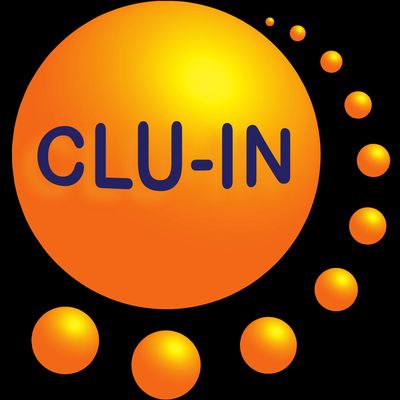Since 1998, The Contaminated Site Clean-Up Information (CLU-IN) website has presented Internet Seminars covering a wide variety of technical topics related to hazardous waste characterization, monitoring, and remediation. For select seminar topics offered since 2012, we are making complete video recordings available through our archives. This feed contains all video seminars archived in the last 12 months. For a complete list of seminars archived since 2000, please visit http://www.clu-in.org/live/archive/. Our Rehabilitation Act Notice for reasonable accommodation is available at http://www.clu-in.org/training/accommodation.cfm. CLU-IN was developed by the U.S. Environmental Protection Agency (EPA) but is intended as a forum for all waste remediation stakeholders. For more information and to view upcoming live offerings, please visit http://www.clu-in.org/live/. For a complete list of RSS feeds available on CLU-IN, please visit http://www.clu-in.org/rss/about/.
http://www.clu-in.org/live/archive
Increasing Treatment Certainty while Controlling Remediation Cost - Case Studies using Hydraulic Fracturing to Deliver Amendments at Low-Permeability Sites (Jul 14, 2021)
The Society of American Military Engineers (SAME) Denver Post and Philadelphia Post along with the US Environmental Protection Agency (EPA) are hosting a series of webinars based on talks given at recent Design and Construction Issues at Hazardous Waste Sites (DCHWS) Symposiums. The mission of the DCHWS symposiums is to facilitate an interactive engagement between professionals from government and the private sector related to relevant and topical issues affecting applications of engineering and science associated with cleaning up hazardous waste sites. The symposiums also serve as a platform to facilitate the exchange of information, encourage dialogue, share experiences, and build and enhance communication among design and construction professionals. Fractures have enabled or enhanced remediation of soil, groundwater, and bedrock for decades. Advanced hydraulic fracturing methods can predictably deliver remediation amendments to low-permeability formations where amendment delivery via Darcy Flow is unreliable or ineffective. Here we present multiple case studies demonstrating the successful application of hydraulic fracturing to deliver remediation amendments to low permeability sites impacted with chlorinated solvents, which would otherwise require more expensive remedial approaches. These case studies include a range of in situ remediation approaches, with emphasis on chemical oxidation and chemical reduction. Implementation costs and performance monitoring results will be presented to demonstrate the potential for hydraulic fracturing to limit project costs and drive remediation outcomes during treatment of these challenging sites. To view this archive online or download the slides associated with this seminar, please visit http://www.clu-in.org/conf/tio/DCHWS18_071421/
